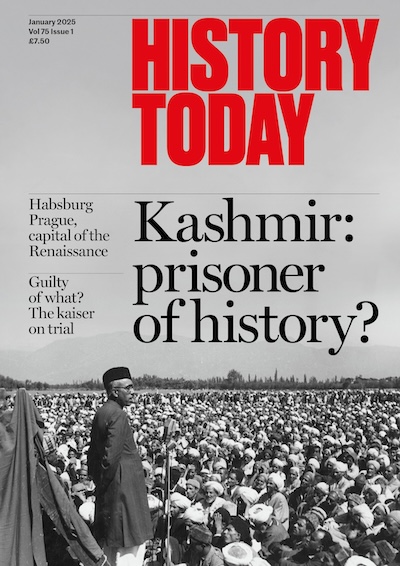Islamic Crossroads
Akhbar Ahmed argues that the rise of Muslim fundamentalists means that Islamic leaders face a choice between moderation or militancy.
Muslim nations face a crisis of leadership which affects both them and their relationship with other countries. In Muslim society the leader embodies both political and moral authority. Yet even the best-known thinkers who comment on Islam, like Professor Samuel Huntington and Francis Fukuyama, have failed to identify the importance of Muslim leadership.
On the surface there is a bewildering range of leadership: kings, military dictators, mullahs, democrats, and, as in the Taliban in Afghanistan, young and inexperienced tribal men running a country. Overshadowing all these, we are witnessing new Muslim movements and a new kind of populist, aggressive and literalist Muslim leadership struggling to emerge. The Taliban and their guest from Saudi Arabia, Osama bin Laden, who is accused of master-minding the bombing of the American embassies in Africa in 1998, best symbolises this trend. In other countries such as Algeria, Egypt and Pakistan, similar Muslim leaders actively challenge the established rulers.





